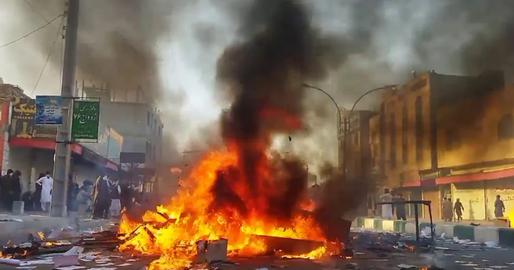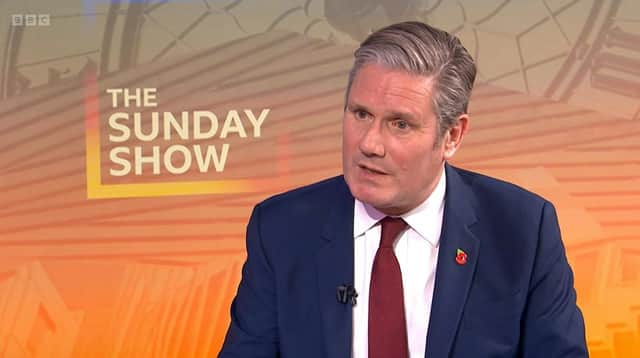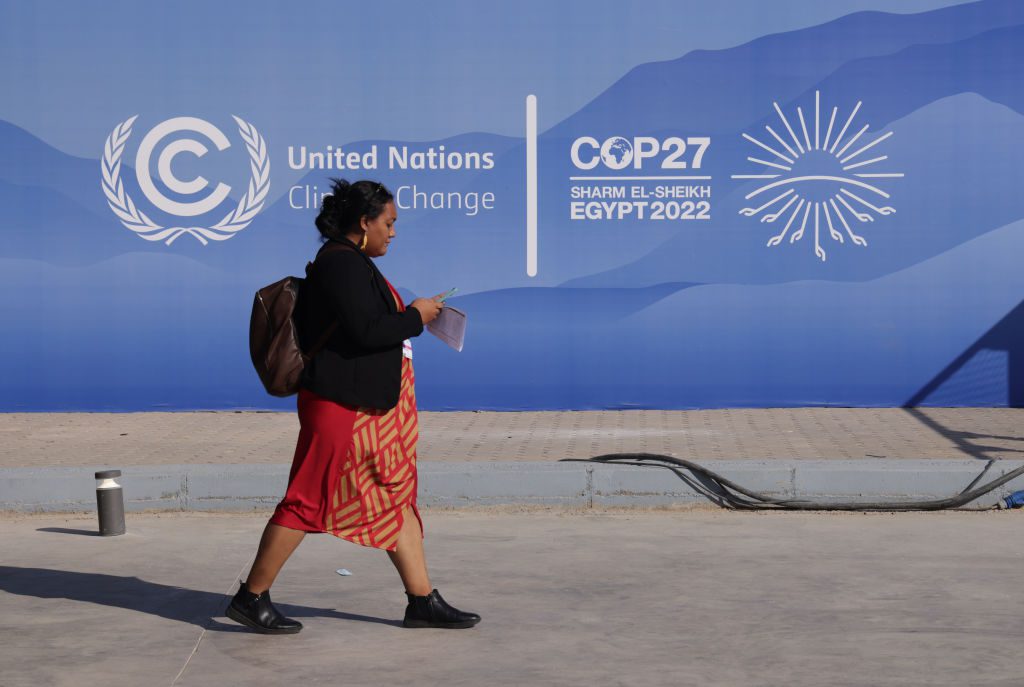The nationwide uprising across Iran is entering its 51st day on Saturday after the regime’s oppressive security forces committed yet another massacre this time in the city of Khash in Sistan & Baluchestan Province of southeast Iran. Despite the lethal crackdown and killing of at least twenty locals in Khash, people of this province and cities throughout the country are standing their ground firm and relentlessly pursuing their escalating protests to bring an end to the mullahs’ rule once and for all.
Protests in Iran have to this day expanded to at least 214 cities. Over 530 people have been killed and more than 25,000 are arrested by the regime’s forces, according to sources of Iranian opposition People’s Mojahedin Organization of Iran (PMOI/MEK). The names of 346 killed protesters have been published by the PMOI/MEK.
Initial reports on Saturday indicate authorities on various campuses are inspecting college students’ backpacks and purses, and even insulting them prior to allowing them to enter the perimeters. This has the potential to spark a new wave of protests by college students across the country. In Tehran, such reports were received from the Sharif University of Technology and the Islamic Azad University-North Branch. Students at a university in Mashhad were also reporting similar issues.
Students of many universities across the country have been protesting today and chanting anti-regime slogans. In Tehran, the country’s capital, students of Tehran, Kharazmi, Allameh Tabataba’i, Sharif, the Islamic Azad University Science and Research Branch, Amir Kabir, the Islamic Azad University Tehran North Branch, Pardis North, and the Islamic Azad University Science and Research Branch have been chanting slogans against the mullahs’ rule and oppression.
In Karaj, just west of Tehran, students of Kharazmi University were seen chanting “Death to Khamenei! Damned be Khomeini!”
Students of Tehran and Allameh Tabataba’i universities were specifically heard chanting:
“Death to the oppressor! Be it the Shah or [Khamenei]!”
In other reports, locals in the restive city of Saqqez, the hometown of Mahsa Amini, were reporting that merchants and store owners are on strike in solidarity with the nationwide general uprising. Similar reports are incoming from merchants of Tajrish Square in Tehran and the Hesarak district of Karaj, just west of the Iranian capital.
Night rallies on Saturday have begun with locals in the city of Neyshabur of northeast Iran taking to the streets and chanting “Death to the dictator!” in reference to regime Supreme Leader Ali Khamenei. Similar reports are incoming from the city of Sanandaj, the capital of Kurdistan Province, western Iran, Karaj, Marivan, and Saqqez, where locals are also establishing roadblocks.
On Friday, protests resumed in the province of Sistan & Baluchestan despite heavy security measures by the regime. In Khash, protesters resisted the regime’s repressive forces and attacked the governor’s office. And in Rask, despite heavy security measures, the citizens held their protest rallies. There are dozens of locals wounded after security forces opened fire on the protesters. Activists say the city hospital cannot cope with the high number of wounded patients. Latest reports indicate at least twenty people were killed and more than 60 were injured by the regime’s oppressive security forces.
In Zahedan, the people held a large protest rally after Friday prayers and called for the overthrow of the mullahs’ regime and the rule of regime supreme leader Ali Khamenei. Activists say authorities are also using snipers in targeting the protesters.
In Saravan, locals held protest rallies at a mosque and chanted anti-regime slogans including “Death to Khamenei!” Security forces attacked and opened fire on them, but the protesters continued their rallies and resisted the repressive forces. Similar protests were also reported in the city of Suran.
In Tehran, locals in the capital’s Javadieh district started establishing roadblocks and protesters were chanting “This is the year Seyed Ai (Khamenei) will be overthrown.” Activists say the regime’s security forces were firing tear gas and using shotgun pellet rounds. The protesters, however, were standing their ground in the face of these crackdown measures.
Nightly protests took shape in several cities on Friday, including Bushehr, Bandar Lengeh, and the highways of Kurdistan and Ilam provinces. Protesters lit fires and set roadblocks to prevent the movement of security forces. At the same time, citizens were chanting anti-regime slogans and calling for regime change.
Throughout the day people in numerous cities held memorial ceremonies marking the 40th day of various protesters killed by the regime’s oppressive security forces in the early days of the Iranian uprising. Such ceremonies were held in Isfahan for Shirin Alizadeh and Fereydoun Mahmoudi, in Karaj for Kanan Aghaie, in Shahin Shahr for Mohammad Hassan Torkaman, and in Oshnavieh for Abdolsalam Ghader Galvan. These ceremonies are quickly evolving into anti-regime protests and authorities respond by opening fire and launching tear gas to disperse the crowds.
Iranian opposition NCRI President-elect Maryam Rajavi strongly condemned the regime’s brutality on Friday and called on the international community to support the Iranian people. “Our Baluch compatriots rose today in Zahedan, Saravan, Suran, Rask, and Khash, chanting “Death to Khamenei!” and “Death to Basiji!” The courageous youths in Khash defended themselves against security forces’ shooting. I urge all youths to rush to the aid of the wounded,” she said.
“We urge Europe and the entire world to: Recognize the Iranian people’s right to self-defense; recognize their right to struggle to overthrow religious fascism and establish freedom, democracy, and human rights,” the NCRI President-elect continued.
The protests in Iran began following the death of Mahsa Amini. Mahsa (Zhina) Amini, a 22-year-old woman from the city of Saqqez in Kurdistan Province, western Iran, who traveled to Tehran with her family, was arrested on Tuesday, September 13, at the entry of Haqqani Highway by the regime’s so-called “Guidance Patrol” and transferred to the “Moral Security” agency.
She was brutally beaten by the morality police and died of her wounds in a Tehran hospital on September 16. The event triggered protests that quickly spread across Iran and rekindled the people’s desire to overthrow the regime.
Mahmoud Hakamian writes for PMOI/MEK, which published this article
Anti-regime protest in Iran. Photo Credit: PMOI/MEK.











